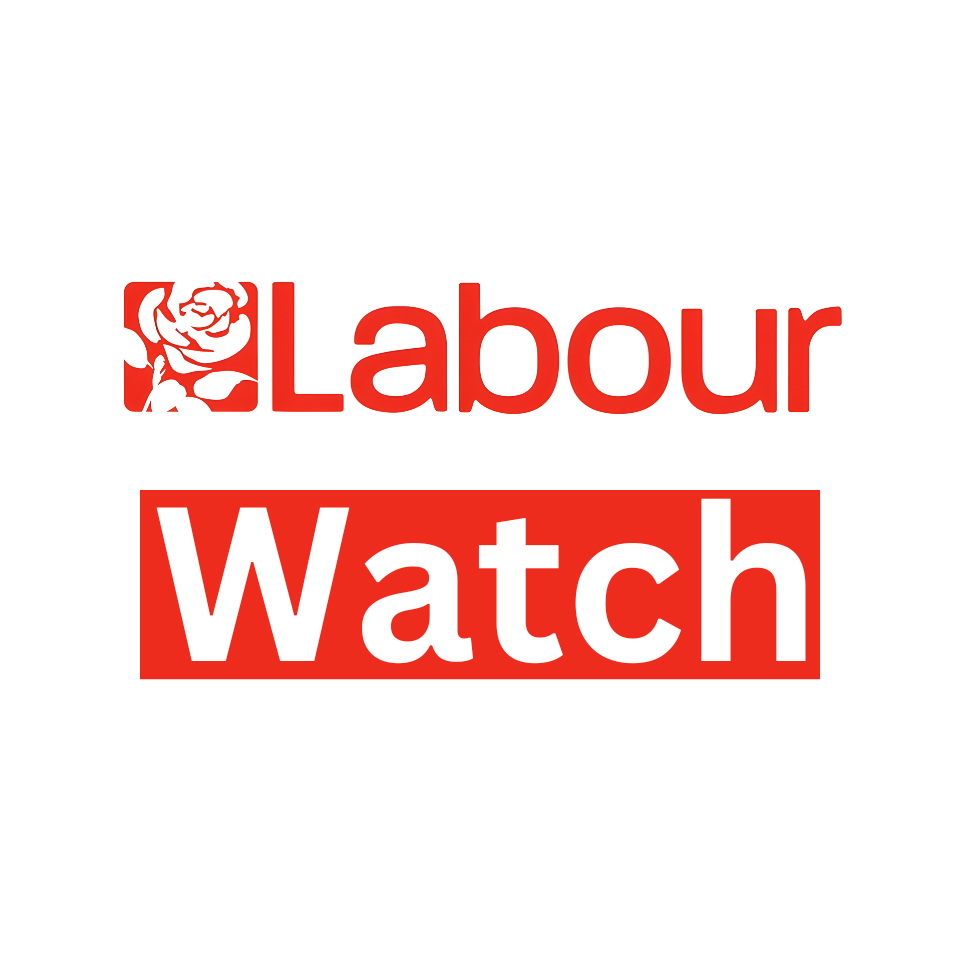Voting is the cornerstone of democracy, offering citizens a voice in shaping the future of their communities and countries. In Ealing, a vibrant borough in West London, residents have the opportunity to participate actively in the democratic process. However, understanding the rules and regulations surrounding voting is crucial to ensure that every voice is heard. In this blog, we’ll delve into the rules for voting in Ealing, empowering residents with the knowledge they need to exercise their democratic rights effectively.
Understanding Voter Eligibility:
Before diving into the specifics of voting in Ealing, it’s essential to understand who is eligible to vote. In the United Kingdom, individuals must meet certain criteria to cast their ballots in local and national elections. To be eligible to vote in Ealing, you must:
- Be a British citizen, a qualifying Commonwealth citizen, or a citizen of the Republic of Ireland.
- Be 18 years of age or older on the day of the election.
- Be registered to vote in Ealing.
Registration Process:
To participate in elections in Ealing, residents must ensure they are registered to vote. The registration process is relatively straightforward and can be completed online, by post, or by contacting the local Electoral Registration Office. It’s essential to keep your voter registration details up to date, especially if you move house or change your name.
The Voting Process:
On Election Day, eligible voters in Ealing have the opportunity to cast their ballots at designated polling stations. Before Election Day, voters will receive a polling card in the mail, indicating the location of their assigned polling station. It’s important to bring this polling card along with you to the polling station, although it’s not strictly necessary to vote.
At the polling station, voters will be asked to provide their name and address to the polling station staff. Once verified, voters will receive their ballot paper, which lists the candidates or options for the relevant election. In Ealing, voters may participate in local council elections, mayoral elections, or general elections, depending on the schedule of electoral events.
Voters should take their time to carefully read the instructions on the ballot paper and mark their choice(s) clearly. In most elections in the UK, voters mark their preference by placing a cross (X) next to the candidate or option of their choice. However, it’s essential to follow the specific instructions provided to ensure that your vote is counted correctly.
Once you’ve marked your ballot paper, you should fold it to conceal your vote and then place it in the ballot box provided. Remember, the secrecy of the ballot is a fundamental principle of democratic elections, so you should never reveal how you’ve voted to anyone else.
Postal Voting:
In addition to voting in person at polling stations, residents of Ealing have the option to vote by post. This can be particularly convenient for those who may be unable to attend a polling station on Election Day due to work, travel, or other commitments.
To vote by post, eligible voters must apply for a postal vote by completing and returning an application form to the local Electoral Registration Office. Once approved, voters will receive their ballot paper by mail ahead of Election Day. It’s essential to complete and return the postal ballot by the instructions provided to ensure that your vote is counted.
Proxy Voting:
In some circumstances, individuals may be unable to vote in person or by post due to illness, disability, or other reasons. In such cases, eligible voters in Ealing can appoint someone else to vote on their behalf, known as a proxy voter.
To vote by proxy, eligible voters must complete and return an application form to the local Electoral Registration Office. The appointed proxy will then be able to cast the voter’s ballot at the polling station or by post on their behalf.
Conclusion:
Voting is a fundamental right and responsibility of citizenship, providing individuals with the opportunity to have a say in the democratic process. In Ealing, residents have access to a range of options for participating in elections, whether by voting in person at polling stations, by post, or by proxy.
By understanding the rules and regulations surrounding voting in Ealing, residents can ensure that their voices are heard and their votes are counted. Whether participating in local council elections, mayoral elections, or general elections, every vote makes a difference in shaping the future of the community and the country as a whole. So, let’s exercise our democratic rights responsibly and make our voices heard at the ballot box.



